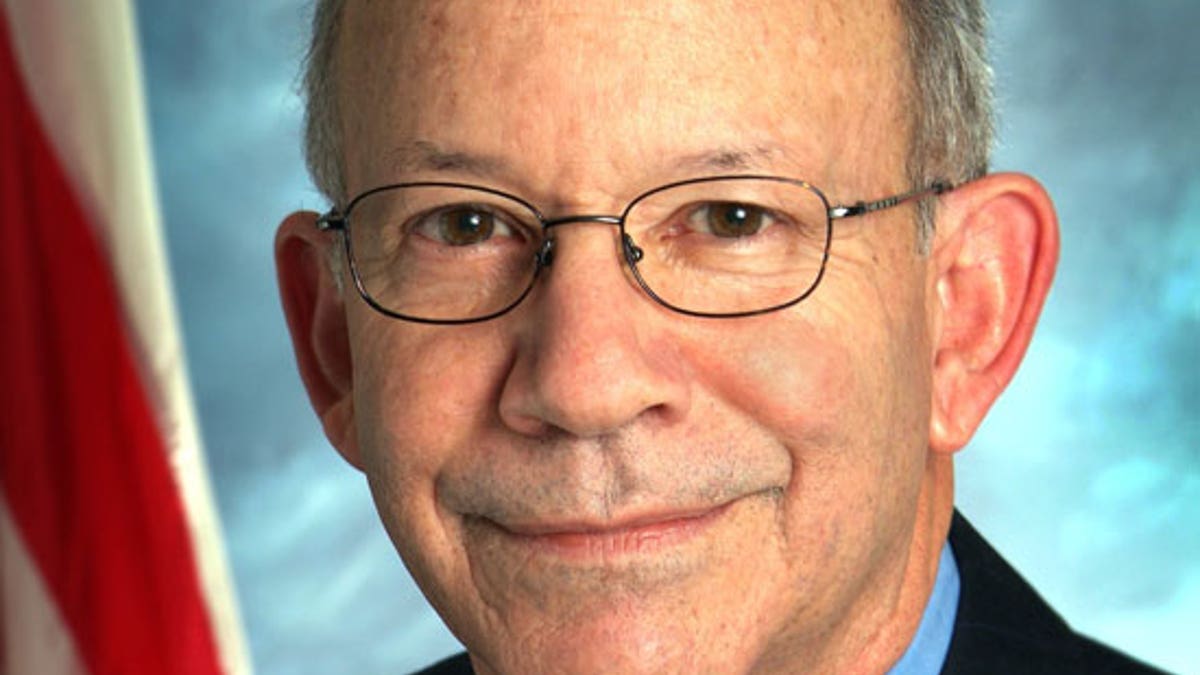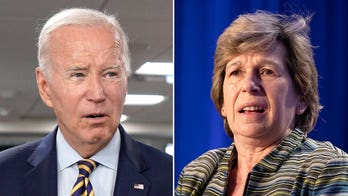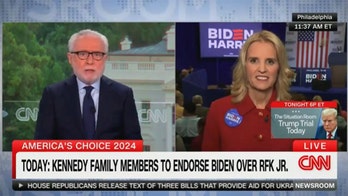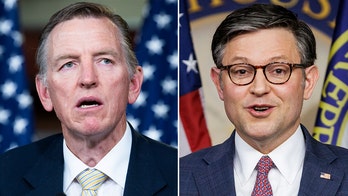
Oregon Rep. Peter DeFazio in a congressional headshot. (DeFazio office)
Seattle attorney Marianne Meeker doesn't have health insurance and doesn't want the government ordering her to buy it. She pays her doctor with cash. And because Dr. Vern Cherewatenko only takes cash, he can charge a lot less than his peers who deal with Medicare and insurance companies.
"I don't think you can force people to carry insurance," Meeker said. "I don't think that's part of our mindset."
Oregon Rep. Peter DeFazio says he has an answer to these concerns. The Democratic congressman has introduced legislation that would allow people to opt out of the so-called individual mandate -- but exercising that choice would come with some risk.
Anybody who takes the opt-out option would automatically waive his or her right to any government-funded medical help for at least three years.
"It's your choice," DeFazio said. "But remember, there's consequences, and you're not going to pass those costs on to your neighbors, and your community, and other taxpayers and others in the country who are insured."
DeFazio is effectively offering individual mandate critics a strings-attached compromise, but it's unclear whether anybody would want to take it.
H.R. 767 would create a set of consequences for those who want to stay uninsured. If they needed to buy private insurance later, they would not have the protections of the federal health care overhaul, including its ban on insurance companies denying coverage to people with pre-existing conditions. People who opt out would not be able to buy insurance through a state exchange. If they end up getting sick and racking up big medical bills, they would not be able to shed that debt through personal bankruptcy. The bills would follow them around just as student loan costs do.
A Harris Interactive/Health Day poll released this week shows there is strong opposition to the individual mandate. According to the survey of 3,149 adults taken Feb.16-18, 50 percent of Americans oppose the individual mandate clause in the health care law and believe it to be unconstitutional. Only 22 percent support it while the rest are still unsure.
The individual mandate is not only controversial among the public, its constitutionality is still being decided by the courts. Five federal judges have ruled on the matter. Three have maintained that under the Commerce Clause of the Constitution the federal government has the authority to require individuals to purchase health insurance, but two other judges ruled it did not. Judge Roger Vinson, in fact, ruled the whole law unconstitutional because the individual mandate provision is so central to the reform.
A plaintiff in one of the lawsuits is the National Federation of Independent Business, and a spokesman in Washington State came out in opposition to the DeFazio bill.
"Simply allowing some people to opt out of an unconstitutional mandate is not the preferred course," said Patrick Connor of the NFIB.
Michael Cannon of the Cato Institute also opposes the original health care law and DeFazio's compromise. "This is really an effort to save Obamacare," Cannon said. "I don't think Republicans will go along with it."




